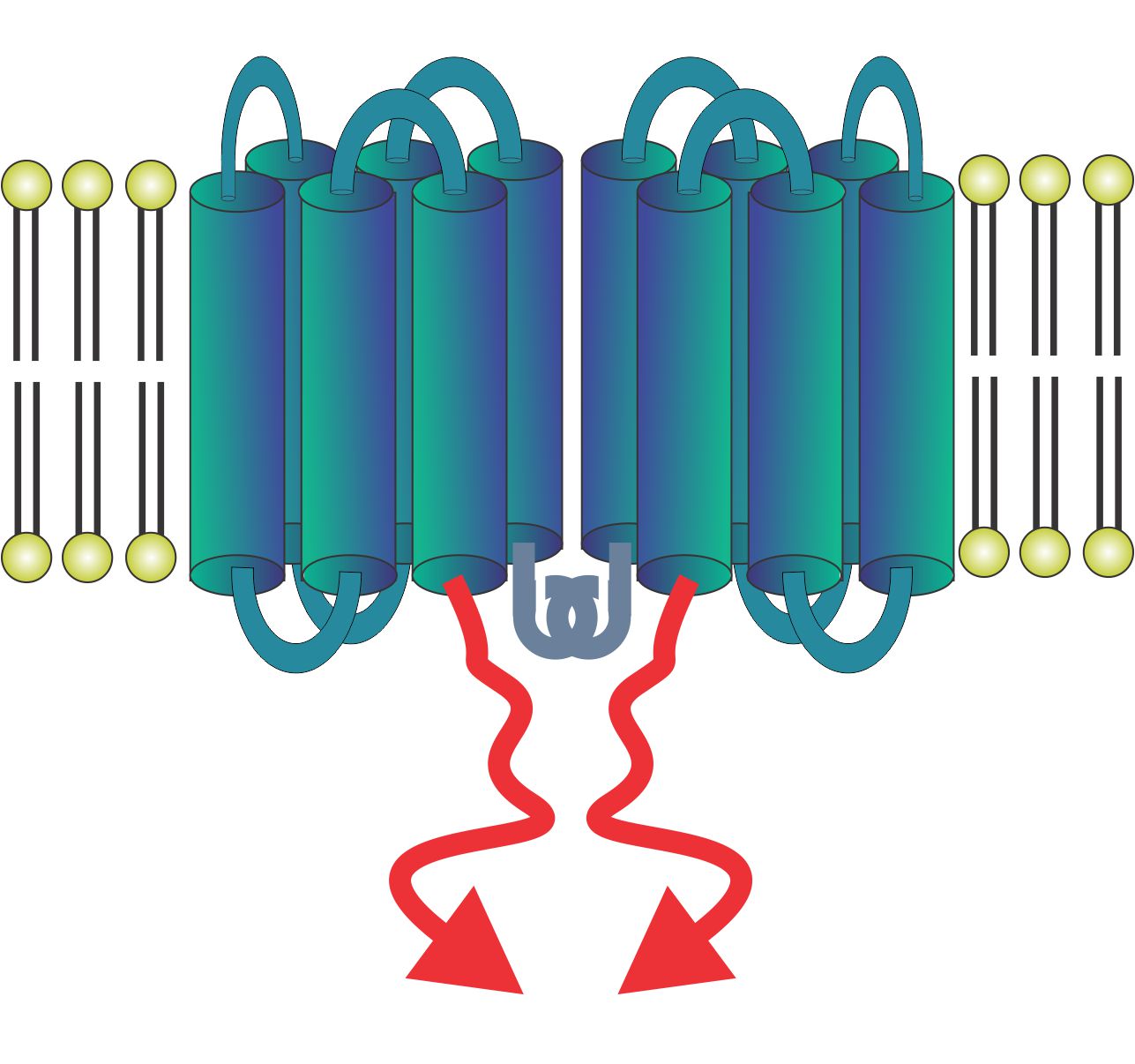LMP1-Enhanced Dendritic Cell Vaccines for Cancer
Dendritic cells (DCs) are the primary antigen-presenting cells (APCs) responsible for generating CD8+ T cell responses. Consequently, numerous clinical trials are ongoing to test the effectiveness of DC vaccines as cancer treatments. However, a resting DC is not immunogenic but rather tolerizes the immune system. Thus, cancer treatment requires a means of activating DCs. In this regard, stimulation through the CD40 pathway is the primary means by which DCs become activatated (Caux et al., J Exp Med 180:1263-1272, 1994). Since LMP1 is a viral mimic of a constitutively activated CD40 receptor, studies were performed to detemine if LMP1 activated DCs. Using LMP1 delivered as mRNA, DNA, or by viral vectors, DCs were stimulated to express activation markers (CD80, CD86, CD54, CD83, and CCR7), secrete cytokines, and act as APCs to generate CD8+ T cells in vitro.
A critical issue in DC research is whether activated DCs will migrate to lymph nodes, an essential step in inducing immunity in vivo. Consequently, murine bone marrow-derived DCs were transduced with adenoviral vectors expressing either control HIV-1 Gag antigen or LMP1, labelled with CFSE fluorescent dye, and injected intradermally. Two days later, the draining lymph nodes were harvested and the cells analyzed by flow cytometry. As shown, LMP1 significantly enhanced the ability of DCs to migrate to draining lymph nodes.

When both antigen and LMP1 were delivered to DCs, these APCs elicited strong CD8+ T cells that protected mice from tumors and viral challenge. Thus, treatment of DCs with LMP1 will greatly increase their effectiveness for cancer immunotherapy and vaccines.
(Data coutesy of Dr. Geoffrey Stone, University of Miami. Patent US8932575 B2)
